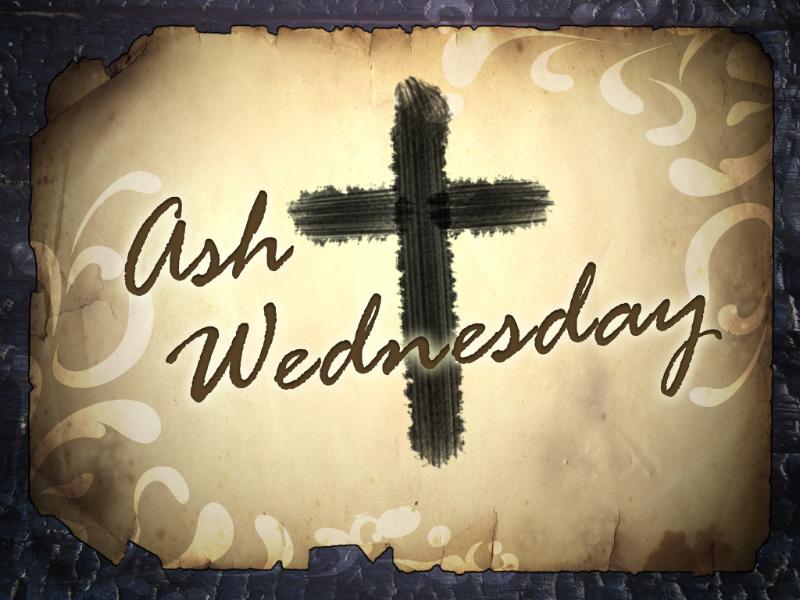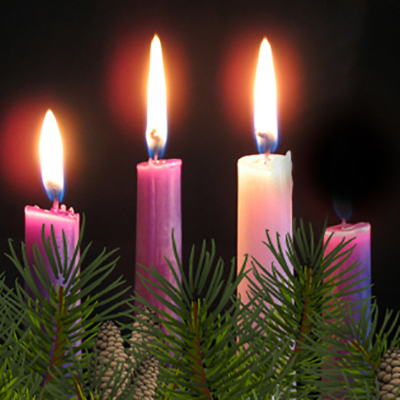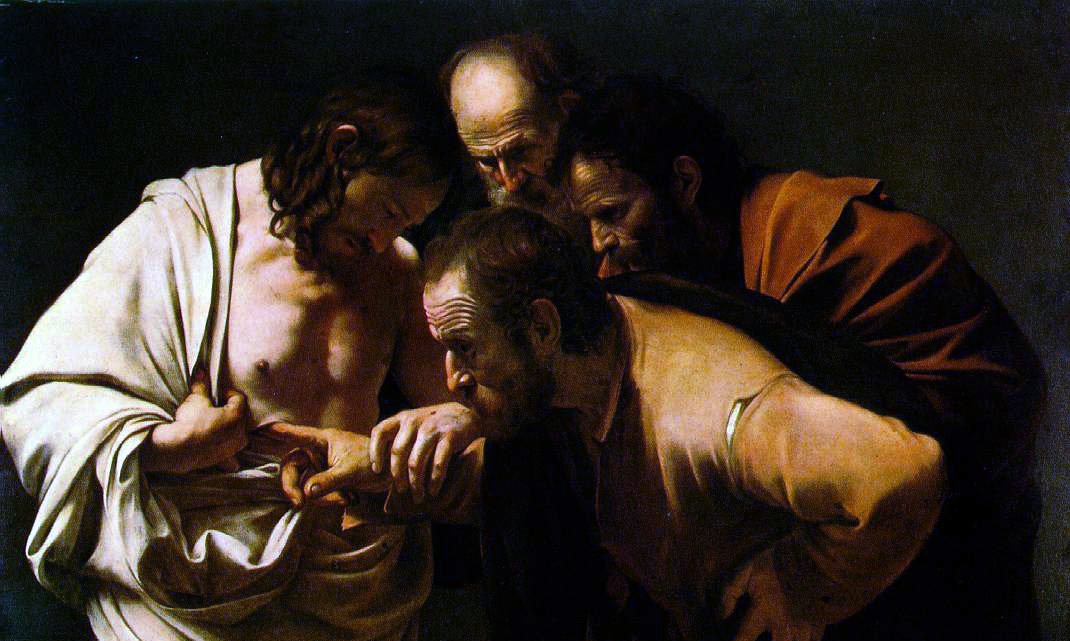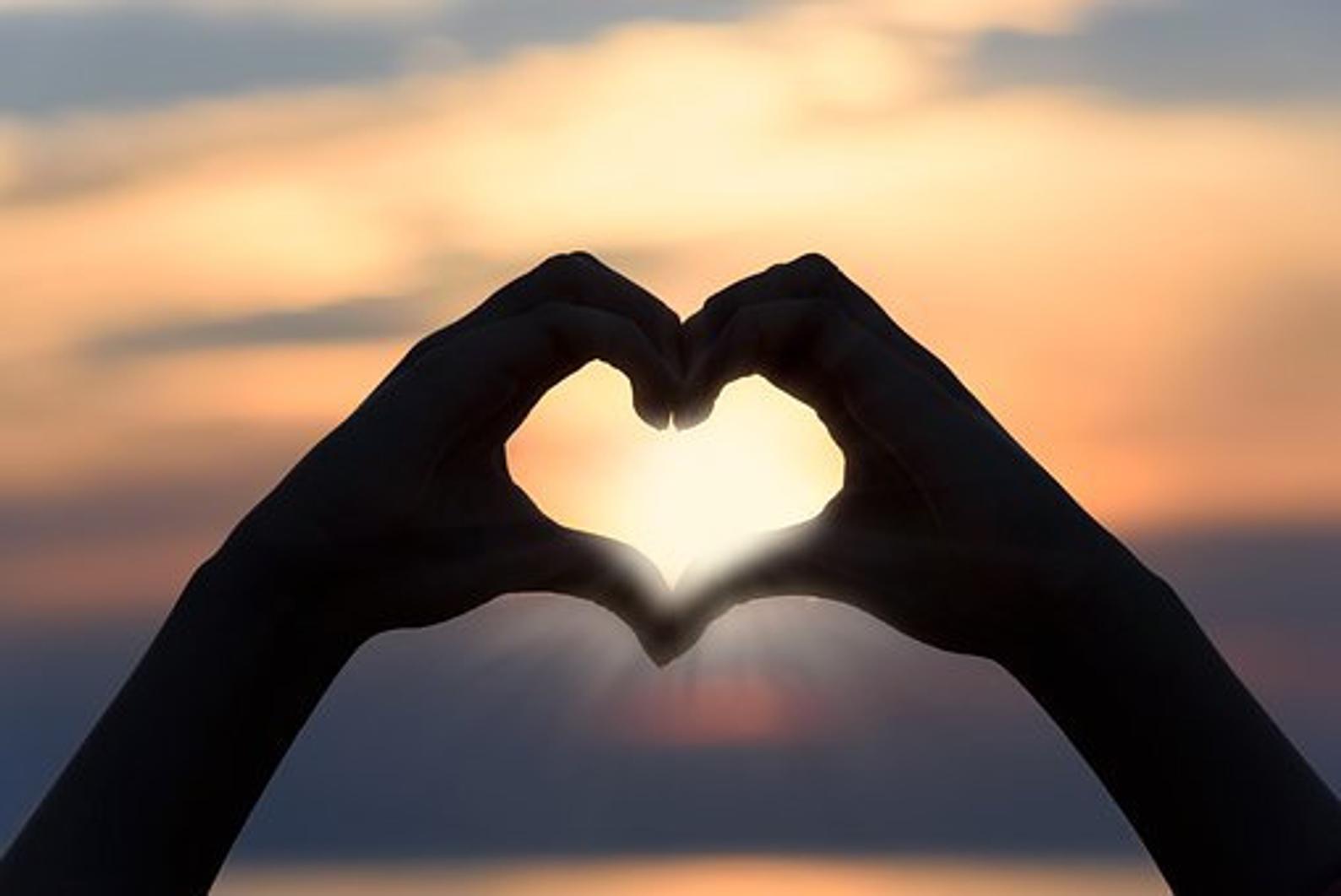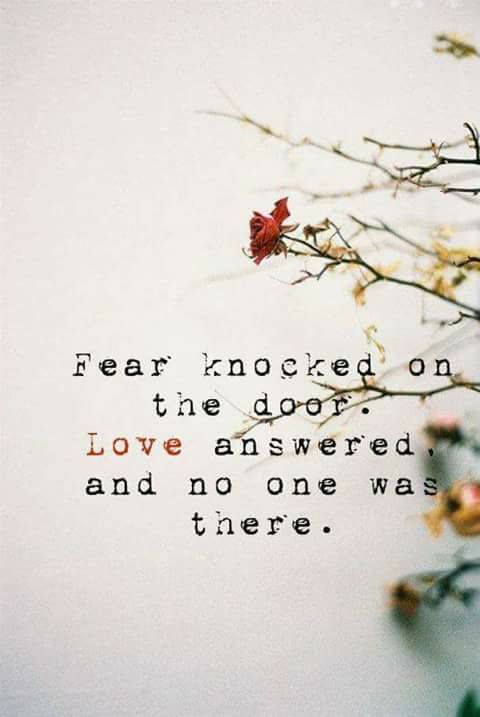Ash Wednesday with JCC: Reflections and schedule
JOEL 2:12-13Yet even now, says the Lord, return to me with all your heart, with fasting, with weeping, and with mourning; rend your hearts and not your clothing. Return to the Lord your God, for God is gracious and merciful, slow to anger, abounding in steadfast love… WED, Feb 22 MUSINGS on ASH If you have […]

